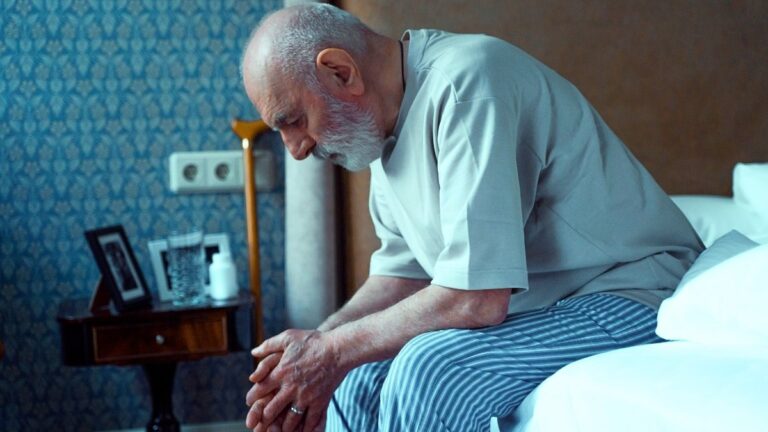Your Daily Coffee Habit: Is It Saving Your Liver or Slowly Poisoning You? The Answer Isn’t What You Think.

You’re about to discover why your morning coffee ritual might be the best thing you do for your liver all day. This isn’t what most people expect to hear. For decades, health experts warned us that coffee was bad for our bodies.
Your daily coffee habit has probably left you confused and maybe a little guilty. One day you read that coffee causes health problems. The next day, a new study says it prevents disease. The mixed messages make it hard to know if you should pour another cup or dump the whole pot.
The truth about coffee liver health is finally becoming clear. Scientists have studied millions of people for decades, and the results might shock you. The research shows that coffee benefits liver function in ways that were completely unexpected.

Here’s what you’ll learn in this article. You’ll discover the latest research on how coffee actually protects your liver from serious diseases.
We’ll cover exactly how much coffee is beneficial and which brewing methods give you the most protection. You’ll also learn the warning signs that mean you need to cut back.
By the end, you’ll know exactly how to make coffee work for your liver health instead of against it. No more confusion about whether your morning habit is helping or hurting you. Just clear, science-backed answers you can actually use.
The Surprising Science: How Coffee Actually Protects Your Liver
Everything you thought you knew about coffee and your liver might be wrong. Your morning habit could be saving your life. Here’s what the latest research shows about coffee and your liver health.
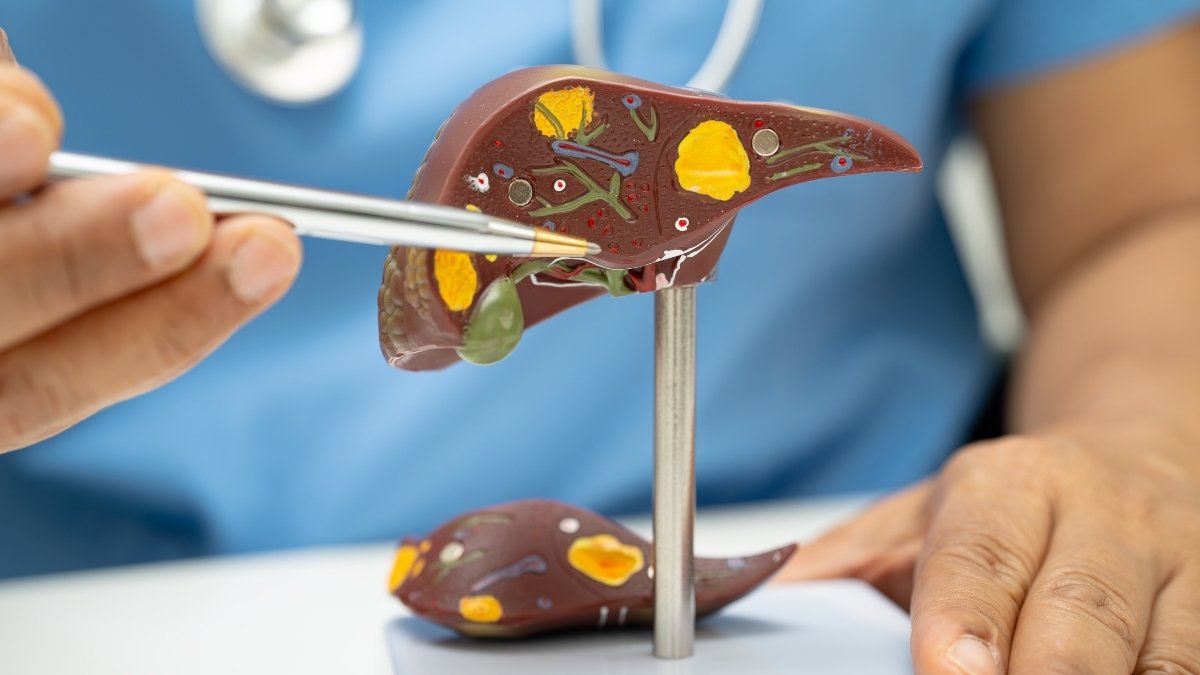
Scientists studied over 2 million people and found something amazing. Drinking 3-4 cups of coffee daily reduces liver cancer risk by 40%. Coffee drinkers also have a 70% lower risk of cirrhosis, the deadly scarring that destroys liver tissue.
Your coffee contains more than 1,000 bioactive compounds beyond caffeine. These work together like a shield protecting your liver from damage every day. The main heroes are antioxidants called chlorogenic acids.
What Coffee Actually Does Inside Your Liver
These coffee antioxidants fight inflammation in your liver cells. Think of inflammation as tiny fires burning inside your liver. Coffee puts out these fires before they cause permanent damage to healthy tissue.

Coffee also blocks liver fibrosis, which is when healthy liver tissue turns into useless scar tissue. Instead of letting your liver cells die and form scars, coffee helps them regenerate and stay healthy. This is why coffee liver disease prevention works so well.
Harvard researchers followed 125,000 people for 20 years. Coffee drinkers had 20-70% lower rates of liver disease across every category they measured. Johns Hopkins and major European studies found the same results.
Why This Matters to You
Your liver filters every toxin that enters your body. It processes alcohol, medications, pollution, and waste products from normal metabolism. Coffee gives your liver extra weapons to fight this daily battle.
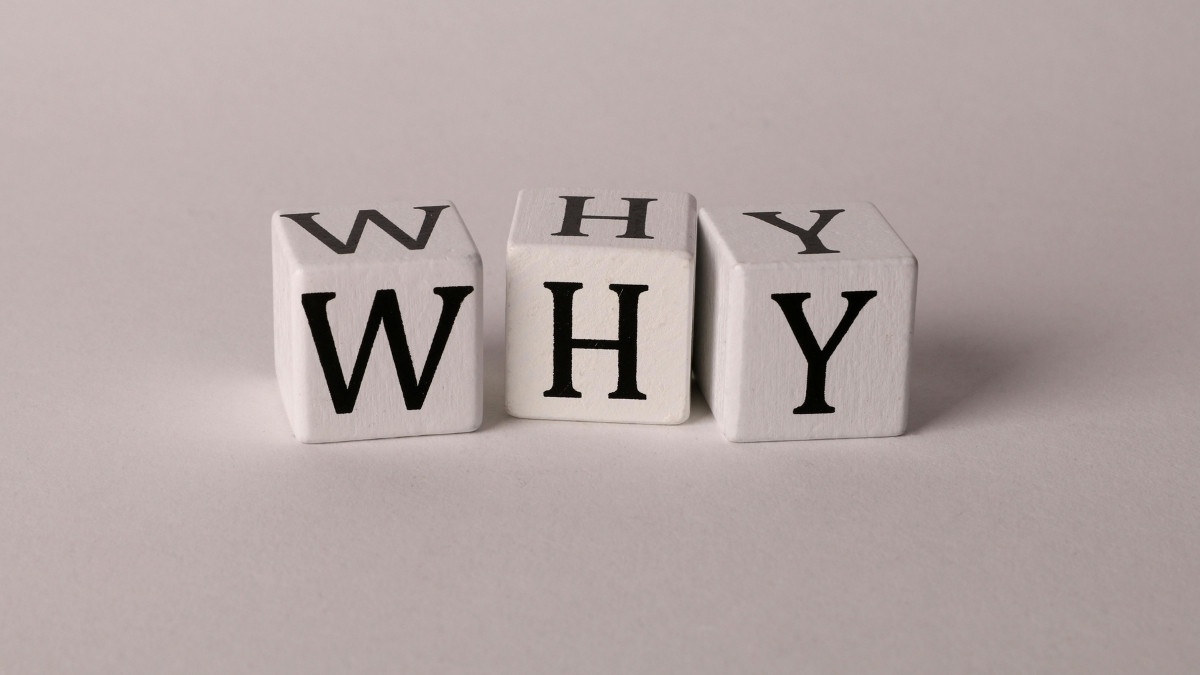
The protective effects start within hours of drinking coffee. They build up over time with regular consumption. This explains why people who drink coffee consistently see the biggest benefits for liver health.
But here’s the catch: more isn’t always better. The sweet spot is 3-4 cups per day. Beyond that, you start running into problems that can actually hurt your liver instead of helping it.
When Coffee Becomes the Problem: Warning Signs to Watch
Coffee’s liver benefits come with an important catch: more isn’t always better. Your daily habit can cross the line from helpful to harmful without you realizing it. Here are the red flags that mean you need to cut back.

If you can’t function without your morning coffee, that’s your first warning sign. Healthy habits shouldn’t control your life. When coffee becomes a requirement instead of a choice, you’ve crossed into problem territory.
Drinking 6 or more cups daily puts you in the danger zone. At this level, coffee side effects start outweighing the liver benefits. Your body can only handle so much caffeine before it fights back.
Your Body’s SOS Signals
Sleep problems are a major red flag, especially if you drink coffee after 2 PM. Caffeine stays in your system for 6-8 hours. Poor sleep damages your liver more than coffee can help it.

Anxiety and heart palpitations mean your nervous system is overloaded. Some people have high caffeine sensitivity and feel jittery after just one cup. If this sounds like you, coffee might not be worth the liver benefits.
Digestive issues like stomach pain, acid reflux, or frequent bathroom trips are your gut telling you to slow down. Coffee increases stomach acid production, which can damage your digestive system over time.
When Coffee Fights Your Medicine
Coffee can mess with liver medications in dangerous ways. It speeds up how fast your liver processes some drugs, making them less effective. It slows down others, causing them to build up to toxic levels in your blood.
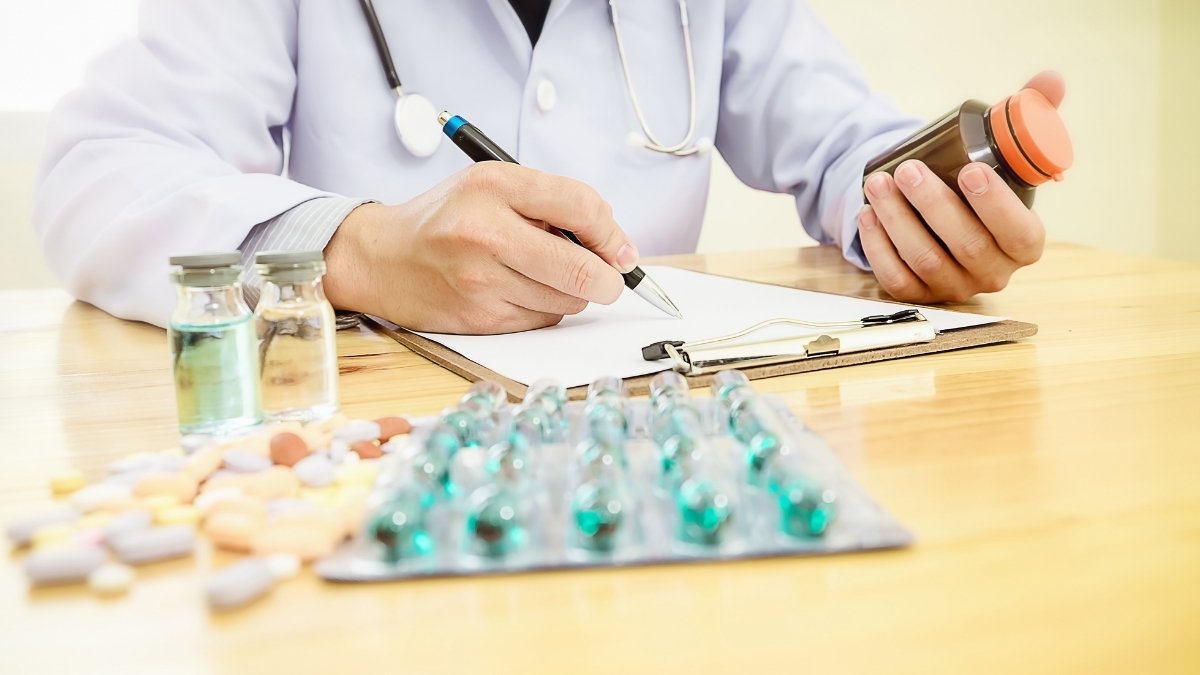
If you take blood thinners, seizure medications, or certain heart drugs, coffee can change how they work. Always check with your doctor about coffee interactions. This is especially important if you have existing liver problems.
Some liver conditions actually get worse with coffee. If you have gallstones, severe acid reflux, or certain types of liver disease, coffee might hurt more than it helps.
The Addiction Test
Ask yourself these honest questions: Do you get headaches without coffee? Do you feel irritable or foggy until you have your first cup? Can you skip coffee for a full day without feeling awful?

If you answered yes to any of these, you might be addicted rather than just enjoying a healthy habit. Addiction changes how coffee affects your body and can actually stress your liver instead of protecting it.
The good news? You can still get liver benefits with less coffee. Most studies show protection starts at just 1-2 cups daily. You don’t need to drink pot after pot to help your liver.
Beyond the Liver: Coffee’s Full-Body Health Impact
Your daily coffee habit creates ripple effects throughout your entire body. While liver protection gets most of the attention, coffee research shows benefits and risks in almost every organ system. Here’s what you need to know about coffee’s complete health picture.
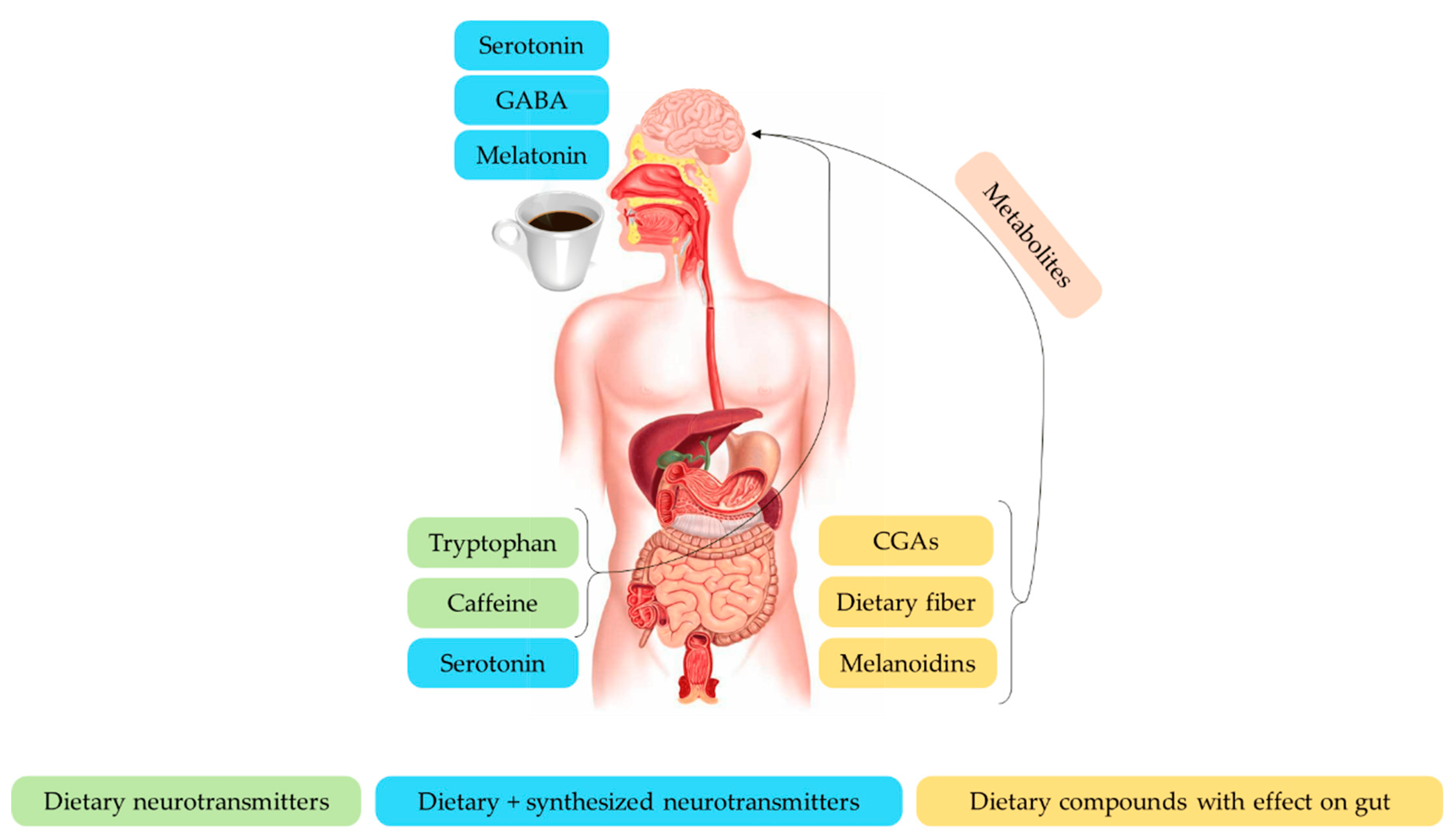
Coffee drinkers have a 20% lower risk of heart disease when they drink 3-5 cups daily. The antioxidants in coffee help keep blood vessels flexible and reduce inflammation. But there’s a catch – people with heart rhythm problems may need to avoid caffeine completely.
Type 2 diabetes prevention is another major coffee health benefit. Regular coffee drinkers have up to 50% lower diabetes risk. Coffee improves how your body uses insulin and processes sugar, even decaf versions show this effect.
Your Brain on Coffee
Coffee provides serious protection against brain diseases. People who drink coffee regularly have 60% lower risk of Parkinson’s disease. They also show slower rates of cognitive decline and reduced Alzheimer’s risk as they age.
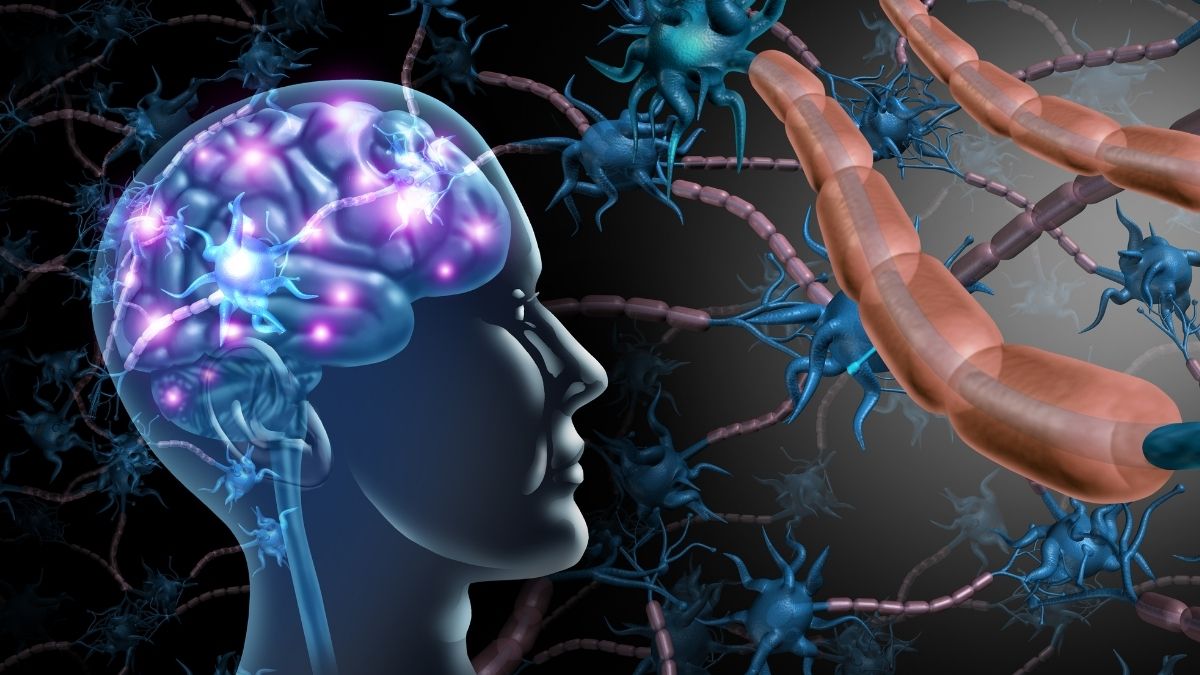
The caffeine in coffee blocks brain inflammation and helps remove toxic proteins that cause dementia. This brain protection starts with just 1-2 cups daily. More coffee doesn’t necessarily mean more brain benefits.
But coffee isn’t perfect for everyone’s brain. If you have anxiety disorders or panic attacks, caffeine can make symptoms much worse. Some people’s brains are just wired to react badly to stimulants.
Cancer Protection Across Multiple Organs
Coffee research shows cancer prevention benefits beyond just the liver. Regular coffee drinkers have lower rates of colon, prostate, and skin cancers. The antioxidants in coffee help repair damaged cells before they turn cancerous.
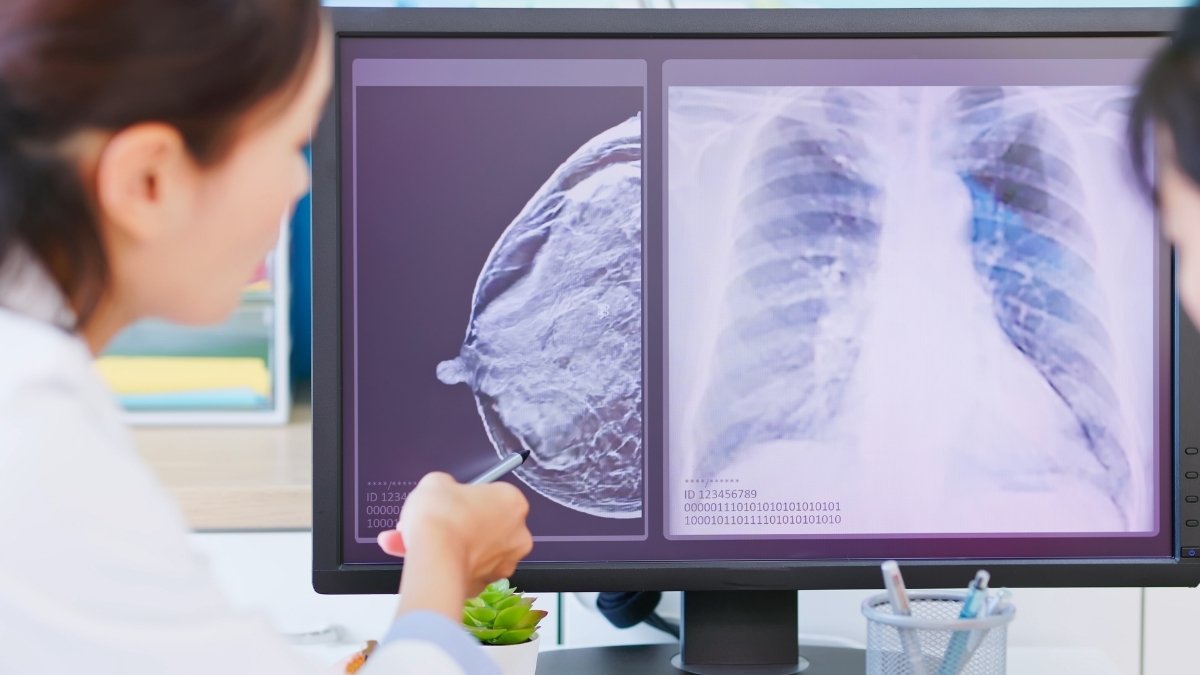
Women who drink coffee also have reduced breast cancer risk, especially after menopause. The protective effects seem strongest for hormone-related cancers. Scientists think coffee blocks certain cancer-promoting hormones in the body.
However, very hot coffee (over 149°F) may actually increase throat and stomach cancer risk. Let your coffee cool for a few minutes before drinking. Temperature matters more than you might think.
The Metabolic Boost
Coffee speeds up your metabolism by 3-5% for several hours after drinking. This small boost can help with weight management over time. Coffee also helps your body burn fat more efficiently during exercise.
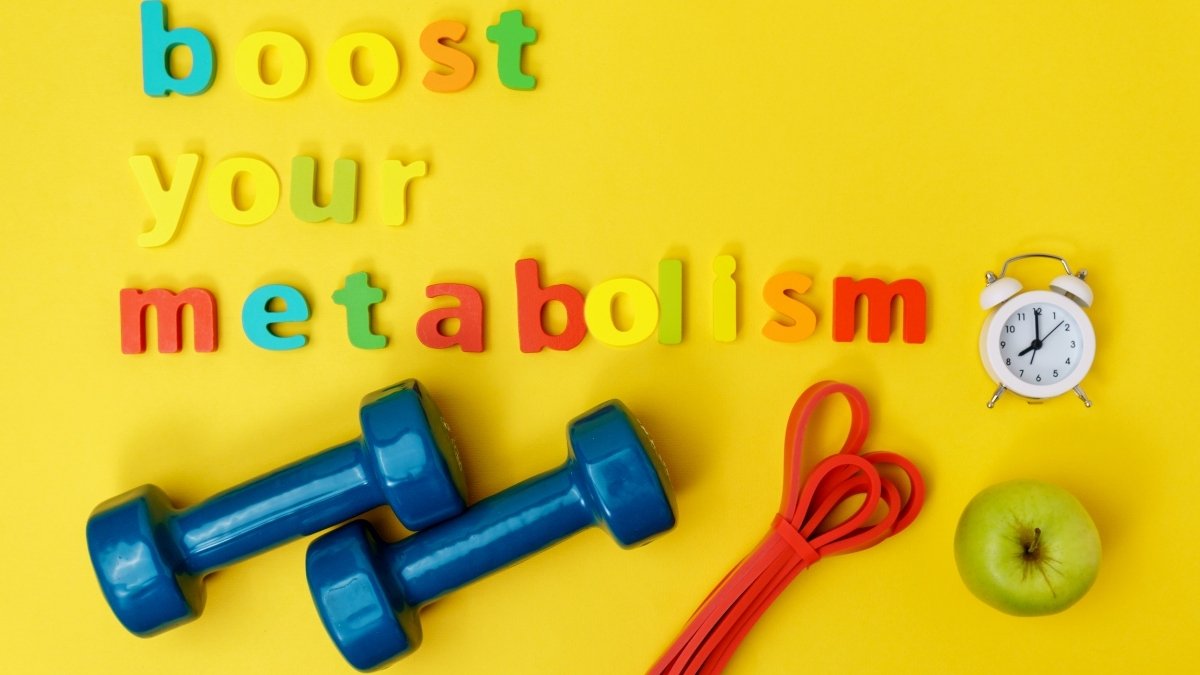
But here’s where individual differences really matter. Some people metabolize caffeine fast and feel energized. Others process it slowly and feel jittery or anxious. Your genes determine which group you’re in.
Coffee works best as part of a healthy lifestyle, not as a magic bullet. If you eat poorly, don’t exercise, and rely on coffee to fix everything, you’ll be disappointed. Think of coffee as one helpful tool in a bigger health toolkit.
Final Thought:
Coffee can be liver-protective when you drink it the right way. The research is clear: 3-4 cups daily gives most people the biggest benefits without serious side effects. More than that, and you start running into problems that can hurt your liver instead of helping it.
Quality and preparation method matter more than you might think. Paper-filtered coffee removes harmful compounds that can raise cholesterol. Medium roast preserves more beneficial antioxidants than dark roast. Skip the sugar and artificial creamers that cancel out coffee’s health benefits.
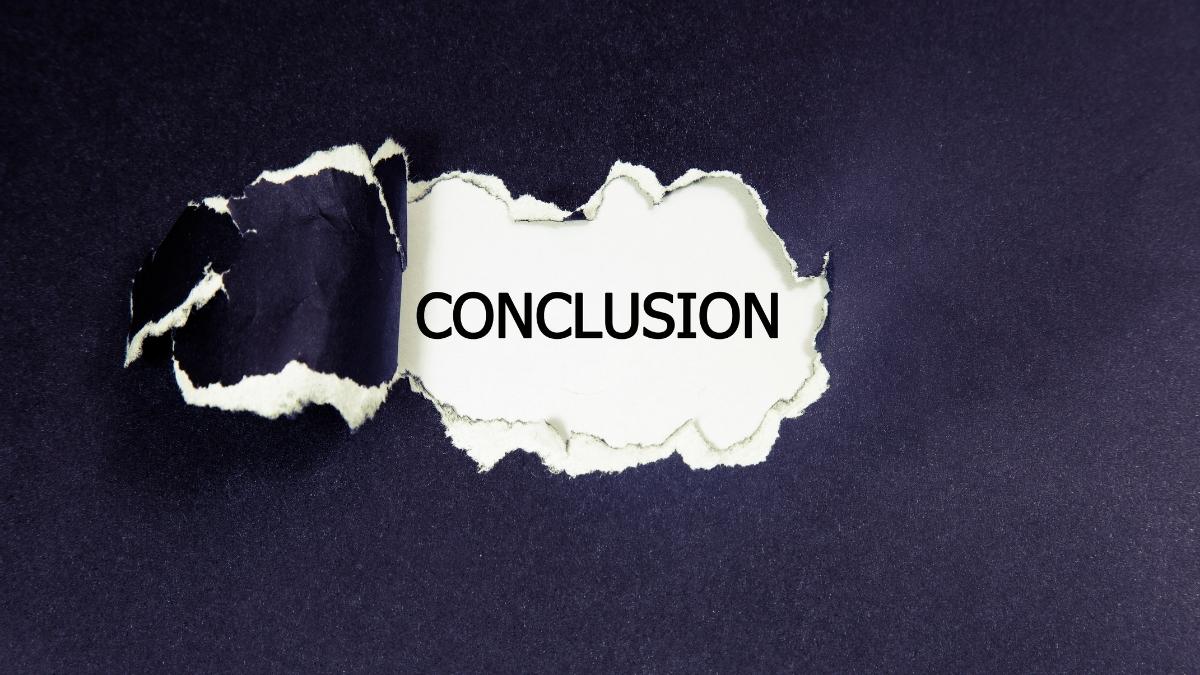
But here’s the honest truth: individual tolerance varies wildly. Some people feel great on 4 cups daily while others get jittery after one cup. Your genes, medications, and existing health conditions all affect how coffee impacts your body.
Coffee liver health benefits work best as part of a bigger healthy lifestyle. Don’t expect coffee to fix a poor diet, lack of exercise, or excessive alcohol consumption. Think of healthy coffee consumption as one tool in your health toolkit, not a magic cure.
Your morning coffee ritual can be a healthy habit that protects your liver for decades to come. The key is finding the right amount and preparation method for your unique body.


